This was one of the proposals made by National Assembly representative Tran Nhat Minh ( Nghe An ) during this morning's (October 28) discussion in the Assembly Hall regarding the report on the results of monitoring "the implementation of policies and laws on environmental protection since the Environmental Protection Law of 2020 came into effect".
Household solid waste and wastewater treatment are still outdated.
Representative Tran Nhat Minh stated that, according to the monitoring report, data from 2024 shows that on average, the whole country generates over 69,400 tons of household waste per day, but 62.97% is still processed by landfilling, a large part of which is unsanitary. Many landfills in some localities have been out of operation for many years but have not been closed or had their environments restored as required by the Law on Environmental Protection.
At the same time, the report also pointed out that the technical infrastructure for environmental protection, especially in the collection and treatment of solid household waste and wastewater, is still outdated and does not meet the requirements. Currently, only about 18% of the total urban wastewater is collected and treated; the rate of direct landfilling remains high, and many landfills causing environmental pollution are slow to be addressed. The issuance and implementation of new policies on sorting, collecting, transporting, recycling, and treating solid household waste have not followed the planned schedule and have not been effective due to the lack of synchronized sorting, collection, and treatment infrastructure.
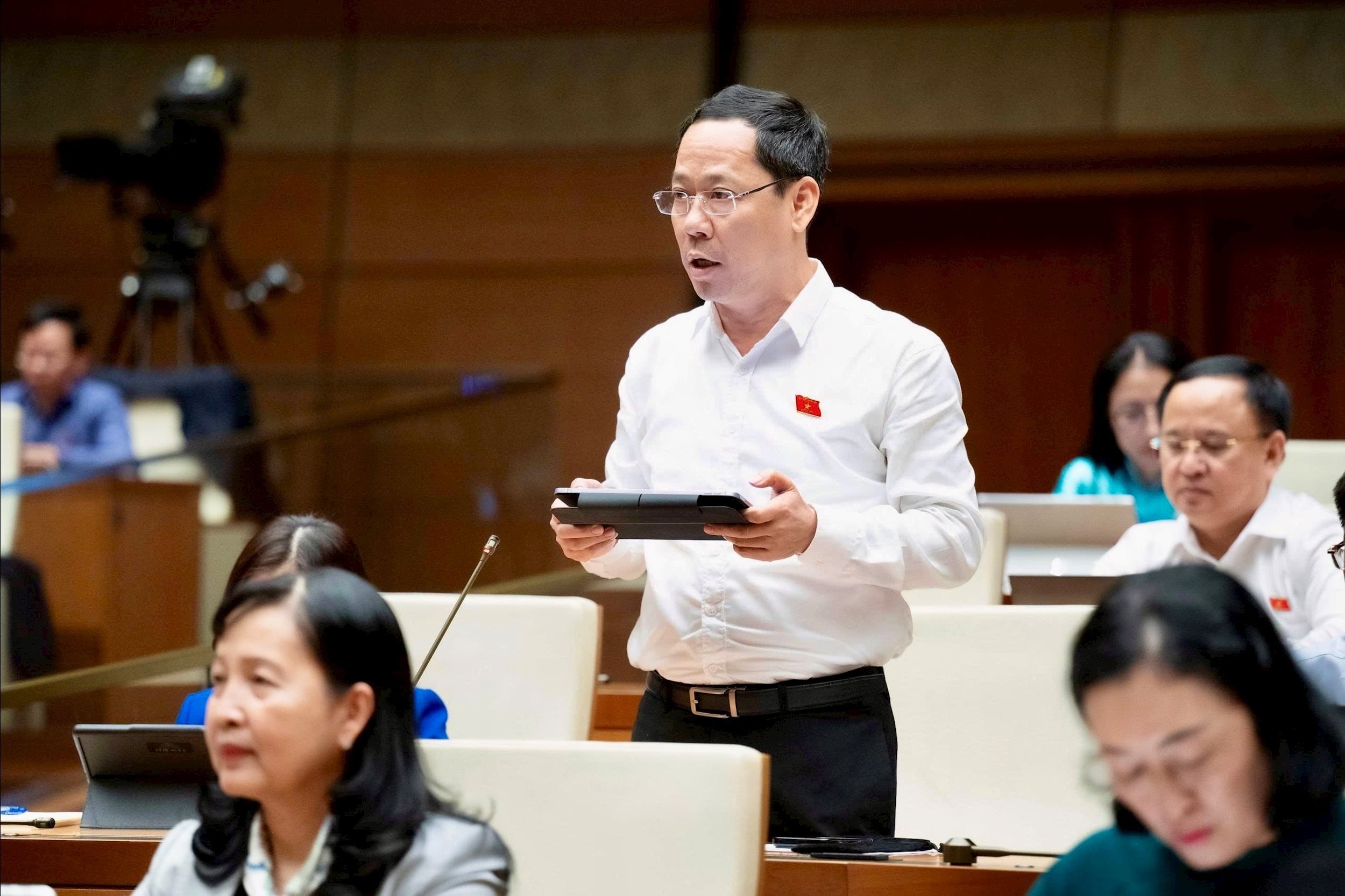
National Assembly Deputy Tran Nhat Minh (Nghe An) delivers a speech. Photo: Quang Khanh
"Although the 2020 Environmental Protection Law and its guiding documents have regulations on the collection of specific waste such as electronics, batteries, and solar panels, linked to the manufacturer's responsibility for recycling (EPR), in reality, the infrastructure for collecting and recycling these waste streams is still limited," the representative emphasized.
Representative Tran Nhat Minh stated that the policy of sorting waste at source under the 2020 Environmental Protection Law, effective nationwide from January 1, 2025, is considered an important step in laying the foundation for a circular economy , reducing the pressure on waste treatment, and moving towards sustainable environmental protection. It is expected to create a shift in waste disposal habits and reduce reliance on landfills.
However, citing information from the article "Waste Sorting at Source: Eight Months of High Expectations Still Unfulfilled" published in the Environment and Life Magazine, delegate Tran Nhat Minh stated that, prior to the merger of provinces and cities, only 34 out of 63 localities had implemented waste sorting at source, mainly on a small scale and as pilot projects, and had not been widely replicated. The implementation and coordination between ministries, sectors, and localities were not synchronized and did not focus on urgent solutions to prepare the necessary conditions to meet the requirements of managing household solid waste.
Prior to the merger, 33 localities had not yet issued regulations on the classification of household solid waste in accordance with the guidelines of the Ministry of Natural Resources and Environment ; 59 localities had not yet issued economic and technical norms; and 58 localities had not yet issued service prices for the collection, transportation, and treatment of household solid waste, while these are crucial conditions for implementing waste sorting at source… From the above data and reality, it shows that although the regulations on waste sorting at source have been in effect, after nearly a year of implementation, in many places the implementation is still sluggish, or even has not started, raising questions about bottlenecks in the enforcement process.
This delay and lack of coordination have resulted in persistent pollution from household waste; many landfills polluting the soil, water, and air in some localities have yet to be thoroughly addressed; in some cases, people living near rivers and streams even dump garbage into the water flow, causing pollution not only in their residential areas but also affecting downstream regions.
"Without a comprehensive solution, household solid waste will continue to be the main cause of increasing serious pollution hotspots and environmental problems, negatively impacting people's health and lives," the representative emphasized.
Regarding the causes, delegate Tran Nhat Minh pointed out that, in addition to infrastructure difficulties, social habits are a significant barrier. Many generations of people have become accustomed to putting all their waste into a single plastic bag for sanitation workers to collect. Changing this habit requires a long, continuous, and supervised process. When people don't see the direct benefits of sorting, and the collection process doesn't ensure separation, a reluctance to change easily arises, and old habits return. In reality, there are cases where people have already sorted their waste, but when they see garbage trucks collecting it all together, their trust diminishes, their efforts are considered futile, making it difficult to form a sustainable habit, or even causing it to stall.
Furthermore, communication efforts have not been as effective as expected. Although many localities have disseminated information through loudspeakers, leaflets, and direct guidance, the methods have been scattered and not sufficiently persuasive. Many people are still confused when asked about specific waste sorting methods, failing to clearly distinguish between recyclable and organic waste, and the purpose of sorting, especially in the context of potentially mixed waste collection. Many communication campaigns have remained merely slogans, lacking detail and failing to create a strong impetus for behavioral change.
Another difficulty related to mechanisms and policies is that in many places, economic and technical standards and unit prices for waste collection, transportation, and treatment have not been fully issued, hindering the signing of service contracts with public utility units and reducing the proactive role of localities in organizing the synchronized implementation from sorting and collection to treatment.
Untangling the "bottleneck" in waste sorting and processing.
To ensure the effectiveness of waste sorting at source as stipulated in the 2020 Environmental Protection Law, Representative Tran Nhat Minh proposed the following factors:
Firstly, there is the issue of synchronization in the waste collection and treatment system. Delegates argued that one of the major problems currently is that even though waste is sorted at the source, it is still collected together, discouraging people from doing so. Therefore, for the policy to be feasible, investment is needed to build separate systems for collecting, transporting, and treating each type of waste. Local authorities need to invest in synchronized infrastructure, including recycling plants and facilities for processing organic and hazardous waste, ensuring the capacity to receive and process waste commensurate with the scale of generation.
Secondly, it's crucial to raise public awareness and understanding. If people clearly understand the benefits and effects of waste sorting – such as reduced pollution, resource conservation, and lower processing costs – they will implement it more seriously and sustainably. Therefore, extensive education and awareness programs are needed through schools, media, and communities to change habits.
A new feature of the 2020 Environmental Protection Law is the application of the "polluter pays" principle: an effective policy is to charge waste collection fees based on volume instead of a flat rate per household. When those who generate more waste pay more, they will be motivated to sort and minimize waste from the start… This also encourages people to reuse, recycle, and consume sustainably.
Thirdly, a strict monitoring mechanism and severe penalties are necessary. Without a robust monitoring mechanism and sufficiently strong penalties, citizens will lack the motivation to comply. A system for inspecting and evaluating implementation in residential areas, buildings, and businesses needs to be established – for example, through the application of smart camera systems. Violations, especially by businesses and households that fail to sort or dispose of waste improperly, should be severely punished to ensure a deterrent effect.
For effective implementation, active participation from local authorities is necessary, with grassroots authorities playing a key role in organizing collection, public awareness campaigns, and monitoring.
Fourth, develop an implementation roadmap tailored to each locality. Delegate Tran Nhat Minh also emphasized that a single model cannot be applied to all, as economic conditions, waste treatment infrastructure, and population density vary greatly from region to region, especially between urban and rural areas. Therefore, each locality needs to develop a step-by-step roadmap with specific technical guidance tailored to its practical needs; at the same time, priority should be given to implementation in large urban areas first, then expanding to rural areas, ensuring consistency, feasibility, and cost-effectiveness.
Fifth, the responsibility of manufacturers. According to the new regulations, businesses that manufacture and sell packaging and plastic products must be responsible for collecting and processing waste generated by their products. The "Extended Producer Responsibility" (EPR) policy, which has been implemented in many countries, requires businesses to fund waste collection and recycling systems. Businesses can set up packaging collection points at supermarkets and convenience stores, encouraging people to bring their waste in exchange for incentives, contributing to the formation of a closed-loop chain between production – consumption – recycling.
Source: https://daibieunhandan.vn/dbqh-tran-nhat-minh-nghe-an-thu-phi-thu-gom-rac-theo-khoi-luong-thay-vi-thu-dong-deu-theo-ho-gia-dinh-10393303.html










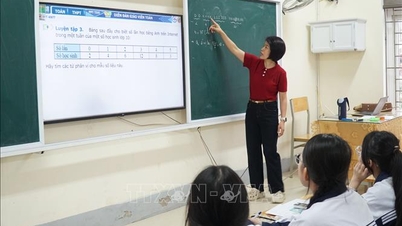



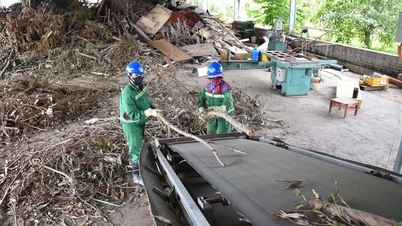

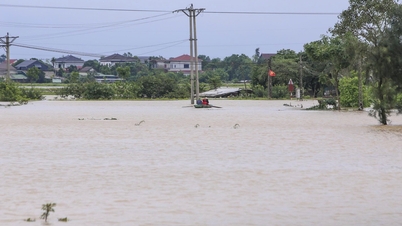
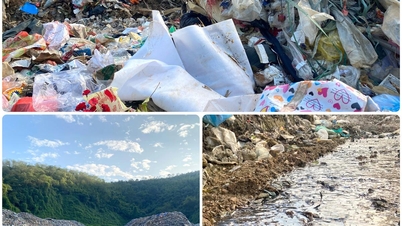

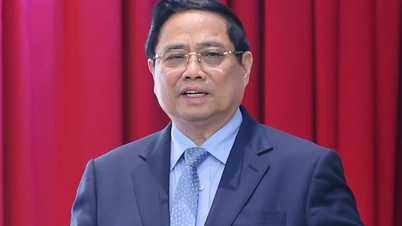

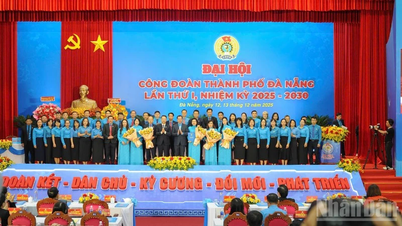


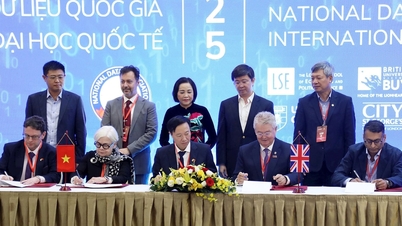
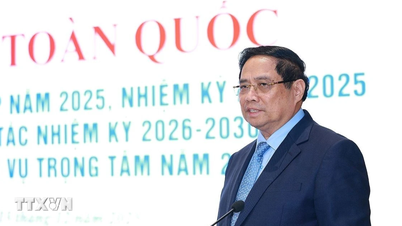






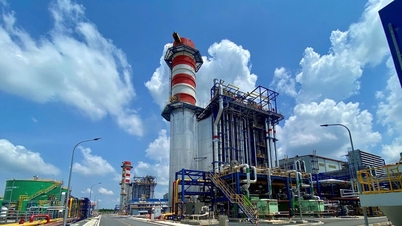

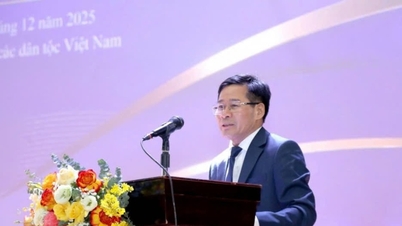
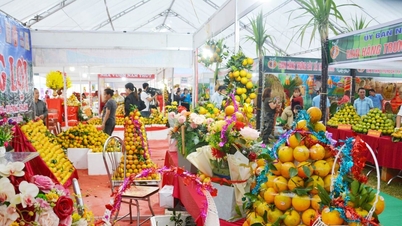
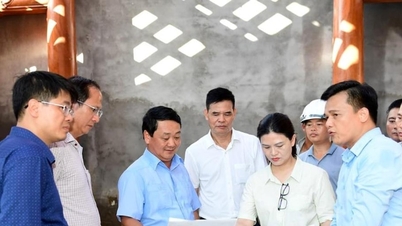
































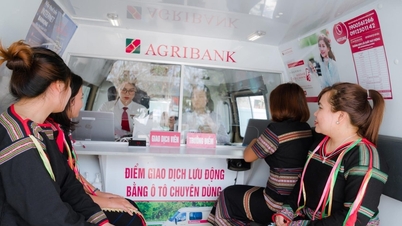








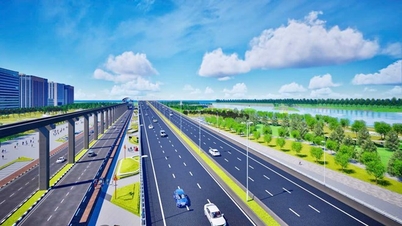


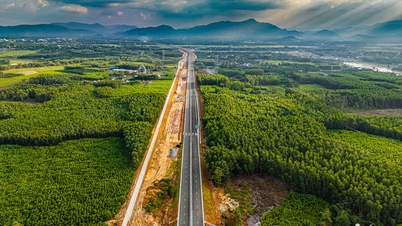




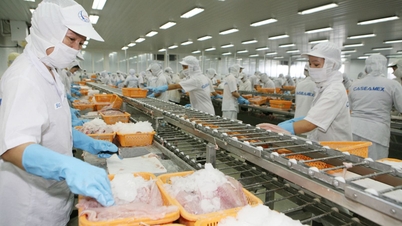
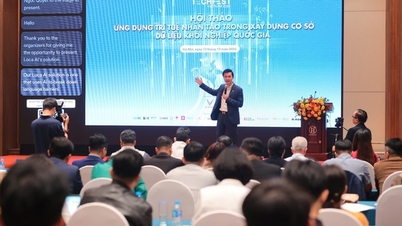

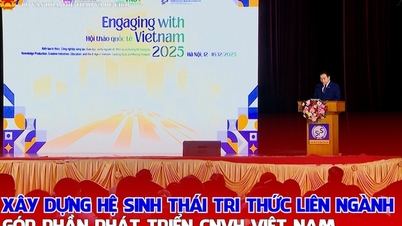

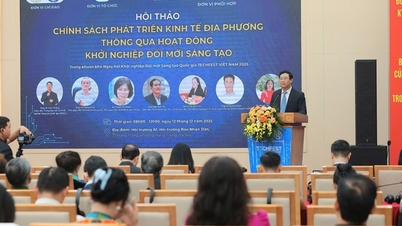



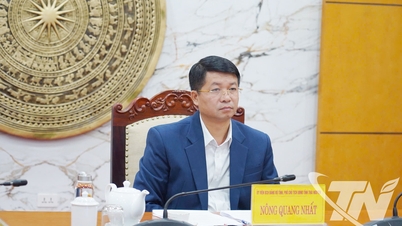


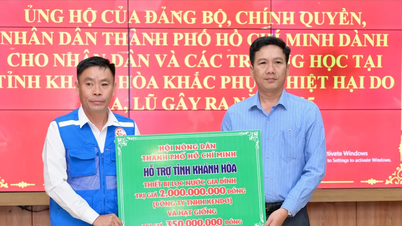

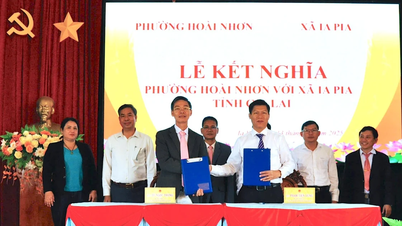

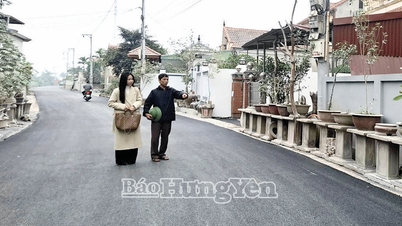















Comment (0)